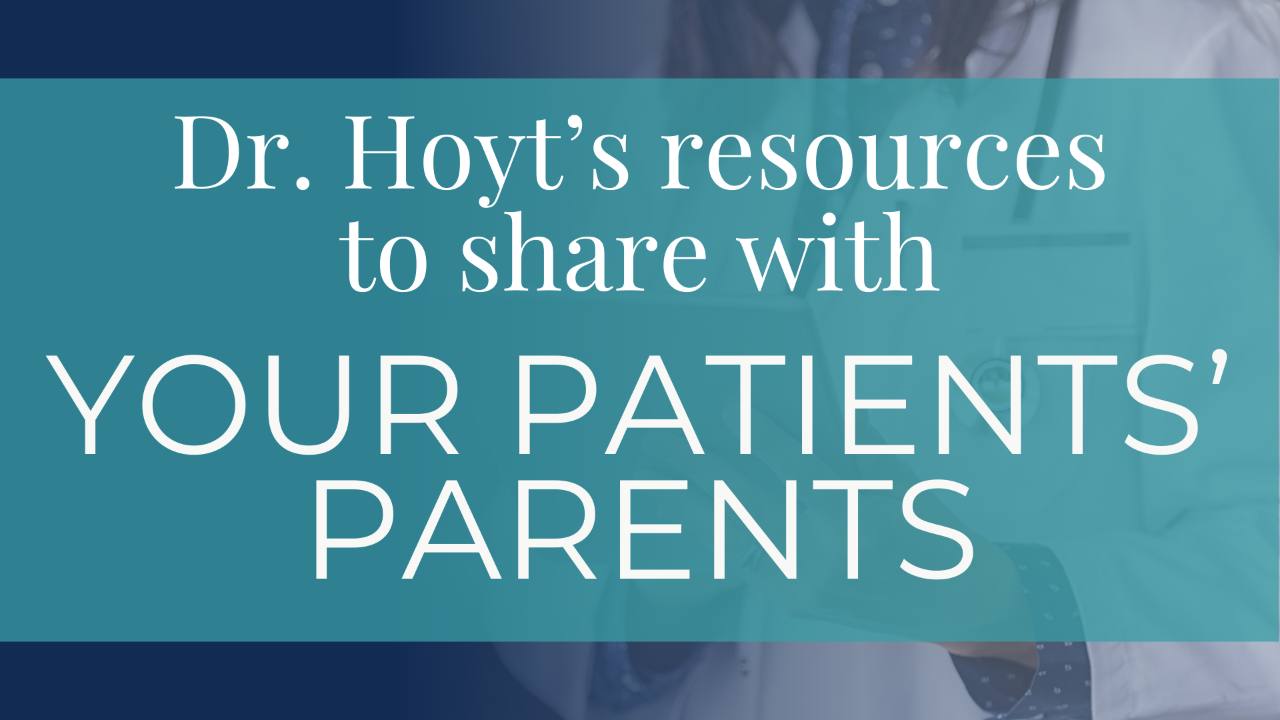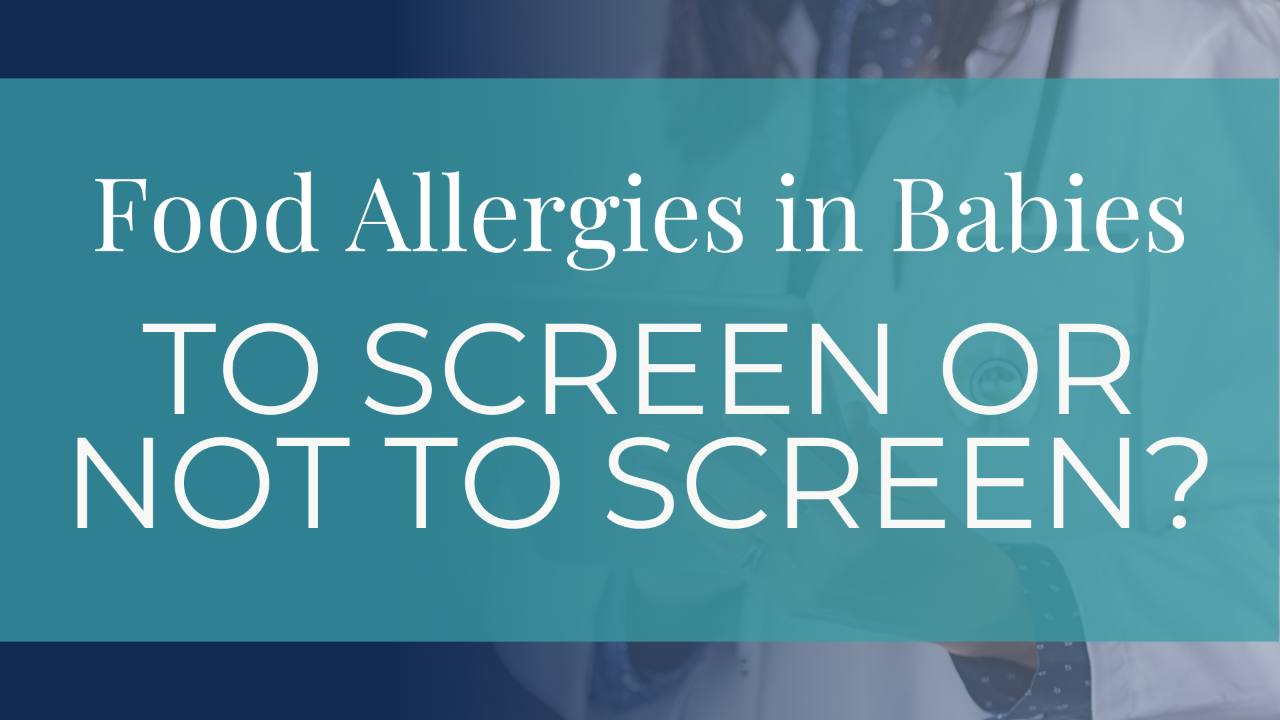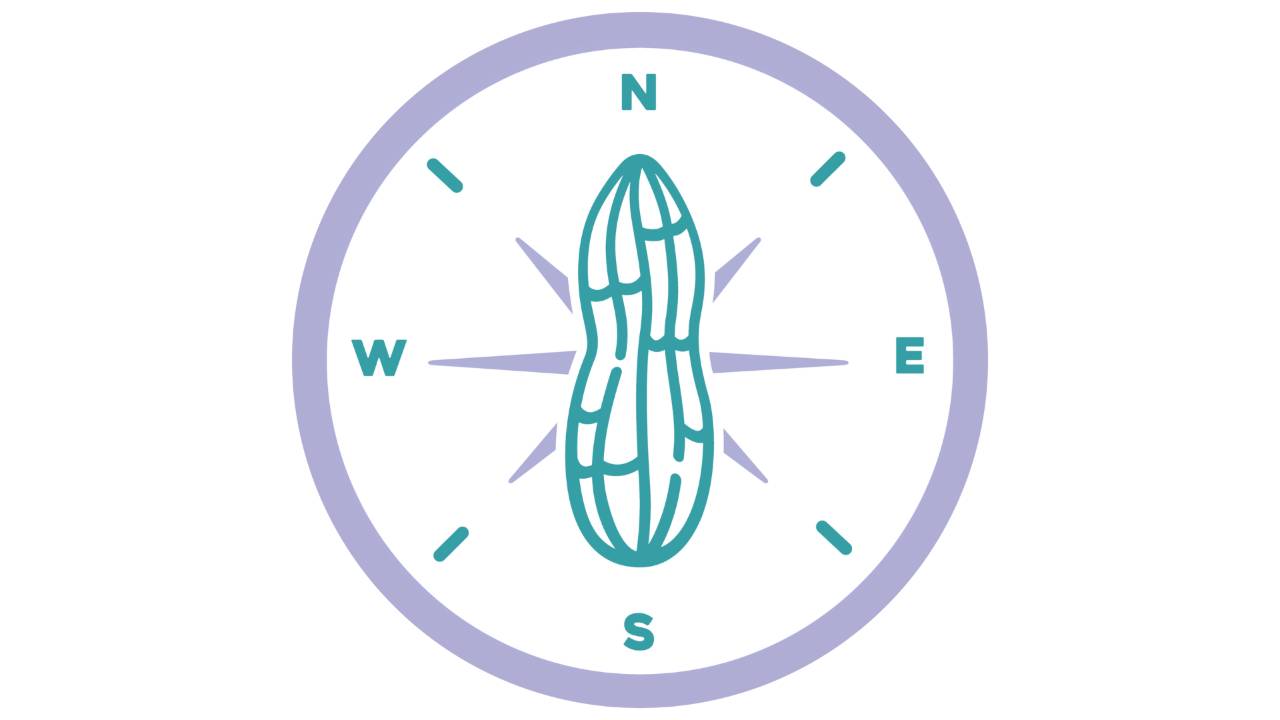Peanut prevents peanut allergy.
The study that changed the way we feed babies.
Food Allergy Friday 12.20.2024
Expert Updates for Pediatric Healthcare Providers
Your weekly compass in the evolving landscape of pediatric food allergies
This Week's Featured Article
Title: "Randomized Trial of Peanut Consumption in Infants at Risk for Peanut Allergy"
Key Authors: George Du Toit, M.B., B.Ch., and Gideon Lack, M.B., B.Ch.
Journal and Year: New England Journal of Medicine 2015
⚡️ Key Points in 30 Seconds
-
Babies with severe eczema and/or egg allergy are at risk of peanut allergy.
-
Babies at risk of peanut allergy are less likely to develop peanut allergy if they are fed peanut-containing foods starting as early as four months of age.
-
Even babies with a small positive skin prick test to peanut (1-4 mm) were safely fed peanut and grew tolerance to peanut.
👉 Why This Article Matters for Your Practice
Peanut allergy increased starting in the 1990s, after which the AAP recommended babies avoid peanut until age 3. This guidance was rescinded in 2008 (Pediatrics 2008): “Although solid foods should not be introduced before 4 to 6 months of age, there is no current convincing evidence that delaying their introduction beyond this period has a significant protective effect on the development of atopic disease regardless of whether infants are fed cow milk protein formula or human milk. This includes delaying the introduction of foods that are considered to be highly allergic, such as fish, eggs, and foods containing peanut protein.” But that wasn’t super convincing. The LEAP Study in 2015 then demonstrated good data that early incorporation of peanut can help prevent food allergies in at-risk babies, and there was no harm to these babies in being fed peanut prior to 6 months of age.
📊 Study Overview
Population: Babies at risk of peanut allergy as defined by having severe eczema and/or egg allergy; ages 4-11 months old at enrollment
Design: Randomized trial of at-risk babies; babies were stratified into one of two cohorts based on skin prick testing - either 0mm wheel (negative) or 1-4mm wheel (small positive). Babies in each of these two groups were assigned to either 1) avoid peanut, or 2) consume it. Of note, the peanut-consumption group was initially fed peanut by the study team to confirm the babies could tolerate peanut - those who did not tolerate it were included in intention-to-treat analysis but not the per-protocol analysis.
Primary Outcome (regarding food allergy): Babies who avoided peanut were significantly more likely to have developed a peanut allergy by age 5 years.
Key Conclusions by the Authors: “Among infants with high-risk atopic disease,sustained peanut consumption beginning in the first 11 months of life, as compared with peanut avoidance, resulted in a significantly smaller proportion of children with peanut allergy at the age of 60 months. This intervention was safe, tolerated, and highly efficacious.”
Hoyt Commentary
The LEAP Study is a landmark article in the world of food allergy and, truly, in the world of how we feed babies. After years of basing feeding recommendations on expert opinion and limited data, this study gave evidence for feeding babies peanut sooner rather than later if they were at risk of peanut allergy, specifically if they had severe eczema and/or egg allergy (two risk factors identified and discussed in this article). Also, this study showed no harm in introducing peanut before 6 months of age, a finding that is key if this type of change is going to be recommended by pediatric clinicians to patients’ families.
Of note, early introduction recommendations are now encouraged to prevent peanut allergies in babies who do not have severe eczema and/or egg allergy. One study suggests early introduction of peanut can prevent 75% of peanut allergies regardless of a baby’s risk factors. Other foods, such as egg, also have data behind early introduction. And we continue to see no harm in early introduction when this is done with age-appropriate foods (so no actual nuts, which are choking hazards, of course), and in ways that do not replace the role of breastmilk or formula (made with safe water) as the baby’s primary source of nutrition.
It’s critical also to note that while we call this approach “early introduction,” we should really call it “early incorporation,” because the peanut-feeding cannot be a one-time thing to prevent the peanut allergy.
Also, while it may be “early” compared to many organizations recommendations for when to start solids, it is not necessarily early when we look, over time, at feeding practices across centuries. What is critical is that foods given early in life do not replace breast milk or formula, and that formula and any complementary food is prepared safely, with clean ingredients, offered in clean vessels, and fed in a developmentally appropriate fashion when the baby demonstrates signs that he or she is ready for solids (here's a nice article from Solid Starts on that, which you can share with your patients).
If a baby has severe eczema and/or egg allergy but is not showing signs that he or she is ready for solids, then those babies can be fed peanut butter or even PB2 powder diluted in breast milk or formula. Here’s a great handout for your patients.
I also especially like the story behind the LEAP Study, which is one of a man who saw something striking, investigated, and literally changed the way we feed babies and prevent food allergies:
“Several years ago, we found that the risk of the development of peanut allergy was 10 times as high among Jewish children in the United Kingdom as it was in Israeli children of similar ancestry. This observation correlated with a striking difference in the time at which peanuts are introduced in the diet in these countries: in the United Kingdom infants typically do not consume peanut-based foods in the first year of life, whereas in Israel, peanut-based foods are usually introduced in the diet when infants are approximately 7 months of age, and their median monthly consumption of peanut protein is 7.1 g.14 This finding led us to hypothesize that the early introduction of peanuts to the diet may offer protection from the development of peanut allergy.” -LEAP Study, Paragraph Three
Thanks, Dr. Lack, for paying attention and acting on what you saw.
Patient Communication Tips
🗣️ Key Messages for Families
-
Babies with severe eczema and/or egg allergy need early introduction and regular feeding of peanut to decrease the risk of peanut allergy.
-
Babies without risk factors for peanut allergy may benefit from early introduction and regular feeding of peanut.
-
Feeding even young babies (~4 months of age) developmentally-appropriate forms of peanut (such as creamy peanut butter diluted with breast milk) is safe.
Sample Script:
"Peanut allergies can be prevented by getting peanut into the baby’s diet. Peanuts are a choking hazard, so diluting peanut butter or peanut butter powder is a safe way to get the peanut protein into the baby’s diet. These peanut foods can be mixed with breast milk and bottle or spoon-fed, depending on where Baby is on his/her development."
Print and give this handout or include in after-visit summary: https://foodallergypedshub.hoytallergy.com/downloads/how-to-safely-add-peanut-to-your-baby-s-diet
And here is that Solid Starts article I mentioned earlier (put this link into your patient's after-visit summary): https://solidstarts.com/readiness/
🧐 Quick Quiz
After perusing the article, test your knowledge with this single question:
Check out the Supplement, Table S11. How many times was epinephrine administered in the entry challenge group (babies ages 4-11 months) to treat severe reaction symptoms, such as trouble breathing or vomiting?
A. 0
B. 2
C. 6
D. 11
Answer and explanation provided in next week's newsletter. ✔
Last week’s answer: B. The uptick in peanut allergy was first noted in 1995, prompting the AAP to recommend avoidance of peanut-containing foods until age 3 years, thinking the immune system would be ready for peanut by then. As we learned in the LEAP study, it’s actually early feeding of peanut that prepares the immune system to tolerate peanut.
🤓 Reader's Corner
Have a question about this week's article? Want to suggest a topic for future review?
Email us at hub@hoytallergy.com.

'Food Allergy Friday' is curated and written by Dr. Alice Hoyt. Dr. Hoyt is board-certified in allergy & immunology, internal medicine, and pediatrics. Her clinical expertise is in food allergies, and she serves patients with her team at the Hoyt Institute of Food Allergy.
Want to share this newsletter? Forward to a colleague or share this link to the Hub: https://foodallergypedshub.hoytallergy.com/





